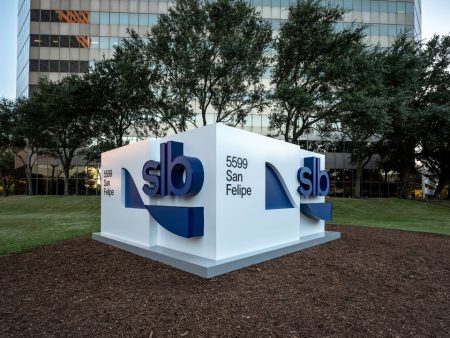13 August 2016, Abuja – Oil marketers had earlier in the week created panic among Nigerians, with their warning of an impending hike in the price of Premium Motor Spirit, PMS, also known as petrol.
The marketers based their argument on the declining fortunes of the naira against the dollar and other international currencies, as well as the dwindling economy.

The naira had dropped to about N320 to the dollar at the Central Bank of Nigeria’s, CBN, official interbank market, and about N395 to a dollar at the parallel market.
The marketers claimed that when the current price of PMS was announced in May, the naira was trading around N195 at the official market and around N250 to the dollar at the parallel market, adding that the further fall in the value of the naira, had made it inevitable for a further hike in the price of PMS.
The truth is that their warning is not unfounded and might actually come to fruition, unless something urgent is done to ensure that Nigeria refines at least, 80 per cent of the local PMS demand. It is alarming to note that more than 14 months since coming to power, the President Muhammadu Buhari-led administration is yet to fix the country’s refineries.
This was in spite of various claims by the authorities in the petroleum sector that the refineries have been fixed, though not producing at full capacity. In particular, the NNPC had in the last days of April 2016, made Nigeria to believe that two of the country’s refineries, Port Harcourt and Warri refineries, are now producing seven million litres of PMS, while it declared that the Kaduna refineries would commence production in the days that followed.
The NNPC had stated that the Port Harcourt Refining Company was producing five million litres of Premium Motor Spirit while the Warri Refining and Petrochemical Company was producing two million liters of petrol per day.
The NNPC further stated that Kaduna Refining and Petrochemical Company was already receiving crude oil and was scheduled to start production in the coming days, adding that the coming on stream of the three refineries would go a long way to ensure sufficient supply and distribution of petrol across the country. The NNPC made Nigerians believe that the only factor hindering local refining was the incessant bombing and sabotage of critical pipeline infrastructure supplying crude oil to the refineries.
However, this turned out to be false, as the NNPC, in its Monthly Financial and Operations Report for June 2016, released earlier this week, admitted that the refineries were still undergoing repairs, rehabilitation and Turnaround Maintenance (TAM), a situation that ensured that local refining capacity remained below commercial threshold.
It stated that the refineries were producing an average of 47,553 barrels of crude oil per day (BPD) over the last one year. According to the NNPC, the rehabilitation of the refineries was still on course to address the perennial shortage of fuel in the country, noting that this was in addition to co-locating of smaller refineries to leverage on the existing facilities and boost the nation’s refining capacity from 445,000 barrels per day to 650,000 barrels per day.
Specifically, the NNPC stated that about 75.26 per cent of the total Domestic Crude Oil supply for May 2016 was utilized via Direct-Sale-Direct-Purchase (DSDP). The DSDP was introduced by the NNPC to replace the crude oil for product exchange arrangement, also known as crude oil swap, and the Offshore Processing Agreement (OPA).
The NNPC allocates 445,000 barrels of crude oil daily to the refineries for local consumption, majority of which are processed outside the country, based on the arrangements in place at that point in time; while only an insignificant portion is processed by the refineries, based on their capacities at any point in time.
Also, the NNPC disclosed that total crude oil processed by the three refineries, KRPC, PHRC and WRPC, for the month of June 2016 was 225,770 metric tonne (MT) an equivalent of 1,655,345.99 barrels.
This translates to an average production of 55,178 barrels daily. Out of the total of 225,770 MT processed by the refineries in June, the NNPC stated that they produced 133,991 MT of finished Petroleum products, an equivalent of 982,422 BPD. This translates to an average daily output of 32,747 BPD of petroleum products.
In spite of the fact that the NNPC blamed the poor performance of the refineries on crude pipeline vandalism in the Niger Delta region, it admitted that these were coupled with on-going refineries revamp; noting, however, that the three refineries continue to operate at minimal capacity.
To this end, with the current misfortune of the naira and the dwindling economy, it is obvious that the price of PMS and indeed, other petroleum products, have only one way to go — and that way is up.
To forestall the impending hike, especially as the Federal Government had subtly hands-off price fixing, bringing back the country’s refineries to at least 80 per cent of their installed production capacity should be seen as a national emergency.
- Vanguard



